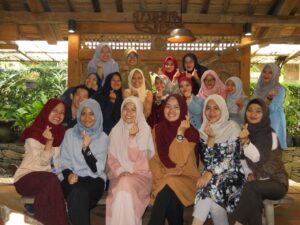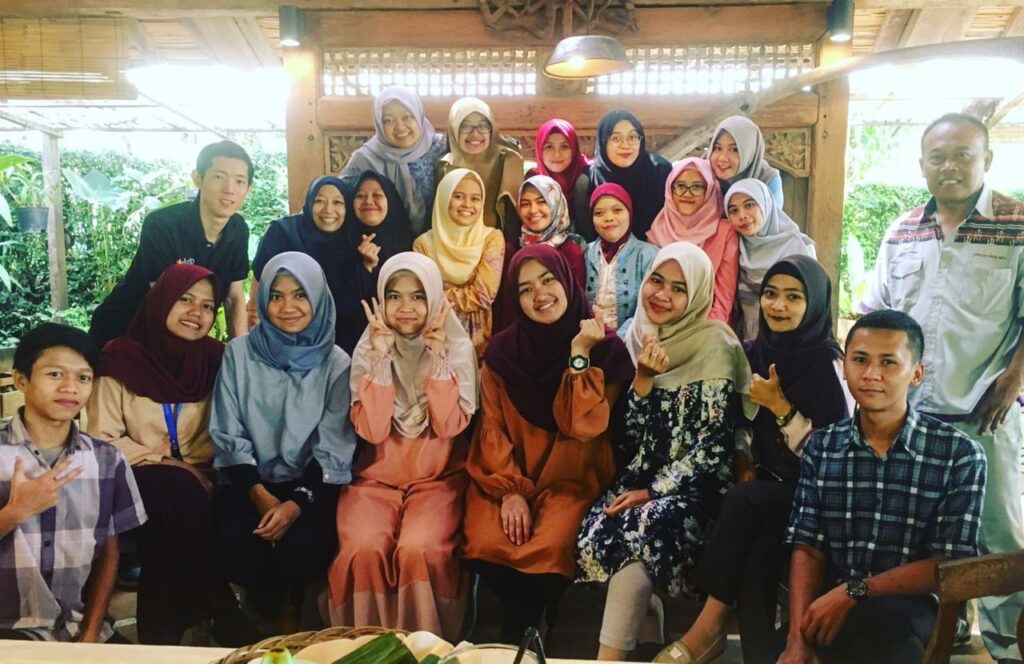The ARCH Indonesia research team recently reached a data collection milestone: the completion of 595 interviews with mothers of children under three years old in Bandung City, West Java.
These interviews were conducted as part of a study designed to assess mothers’ exposure to advertising and other promotional practices for commercial foods for young children, and to determine what foods comprise the diets of their children under three. The research team used a standardized questionnaire to document feeding patterns and guidance provided in health facilities, as reported by the mothers.
Bandung City is the capital of West Java Province (provincial population 47 million) and is the fourth largest city in Indonesia. Working with the Ministry of Health and the Bandung City Health Office, the data collection team interviewed a representative sample of mothers bringing their children to 24 different health facilities across Bandung City over the course of nine weeks. The intrepid team, pictured above, completed the survey on-schedule despite some major distractions- including a diphtheria outbreak in the province, several small scale earthquakes, a case of dengue hemorrhagic fever among the data collectors, and flash flooding.
The results of this study will provide a snapshot of the current diets of infants and young children in this area, with additional detail on consumption of several kinds of commercial foods, including breastmilk substitutes, commercial baby foods, and commercial “snack” foods like chips and cookies. The interviews with mothers will also illuminate what kind of promotional practices are taking place to advertise these kinds of foods to caregivers of young children, and what messages about health and nutrition they receive from the healthcare system. This information may help inform policy and operational decisions at the national level around restrictions on marketing of foods for children, promotion of breastfeeding, and improving child nutrition within Indonesia.
The results of this assessment will also contribute to the larger goals of the ARCH project. Globally, this data will provide policy makers with much needed information on current exposure to commercial food and breastmilk substitute promotion among mothers of infants and young children, along with the messages mothers receive from other sources on breastfeeding, complementary feeding and snack foods. This will enable policy makers and international bodies to make evidence-based decisions to ensure that infants and young children receive proper nutrition in order to grow and thrive.

Learn more about our work in Indonesia.

